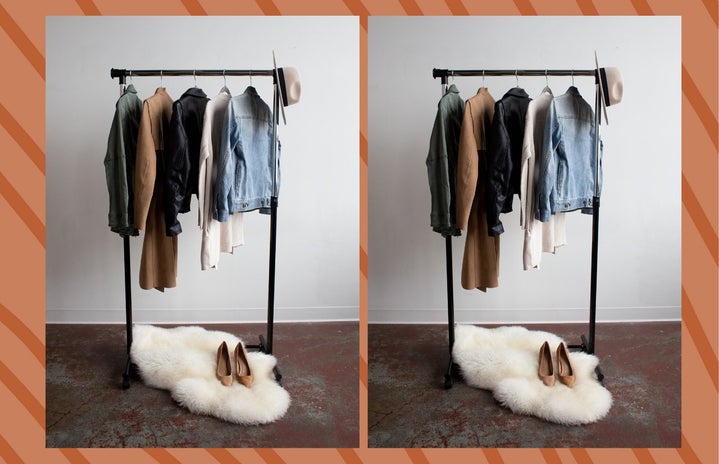Between Selena Gomez’s bindi and Miley Cyrus’ “homegirls with the big butts,” celebrities seem to have a pattern of offending people by trying to adopt cultures that aren’t their own. In cases like these, this cultural appropriation is easy to spot. However other times, the line between respect and insult can be hard to find.
Cultural appropriation is a term used to describe when a member of a dominant group exploits the culture of the weaker group. Dr. Adrienne Keene defines it as, “the colonizer taking from the colonized” (Source). In most celebrity cases, it is the White American trying to adopt a part of another culture. Sometimes, it can be hard to figure out what could be offensive to people and what could simply be viewed as a respect for another culture. Vanessa Hudgens and Selena Gomez, among many others, can be seen wearing the Hindu bindi in a trend that seemed to be floating around young celebrities.
As different trends come and go, it’s hard to tell whether what you are purchasing offends someone personally. Whether it’s Black culture, Indian culture, or Native American culture, being offensive is never fashionable. However, companies like Urban Outfitters seem to have some issues with this idea.
Urban Outfitters has been known to steal patterns and designs from various artists and cultures without appropriating credit when due. The company has received some uproar about their use of the word “Navajo” to describe the patterns that they use on products. An article on Jezebel can show one Native American’s outrage at the company for using the tribe’s name to try to sell cheap goods like socks, flasks, and underwear. After some time, the company has changed the description from “Navajo” to “printed.”
Buying these types of products from companies like Urban–ones produced for the masses at low costs–and using a tribe’s name to up sales can be unsettling for some.
However, as the company Beyond Buckskin says, it is possible to buy trendy Native American inspired items without being culturally exploitative. Their solution is to buy directly from actual Native American run companies. By doing this, you can not only support small businesses, but also help those from Native American tribes preserve their culture. The website Beyond Buckskin gives a very comprehensive list of websites which it deems to be authentically native.
While celebrities wearing pieces from various cultures is obviously offensive to some, it is hard to know whether what we are wearing, saying, or doing could be offensive. At the beginning of the year, the freshmen class at Notre Dame was instructed that “white trash parties” were not on the list of okay party themes. However, many students found this funny and a little over the top, while others agreed and said that they themselves were offended by this theme. Still, it draws the question: how many of our parties would be insulting to others if they were to know the extent of them, and what sorts of things should we think twice about before getting dressed and going out? There is a fine line between what is appropriate and what is culture appropriation, but as educated people, it is our duty to keep ourselves from offending others.


